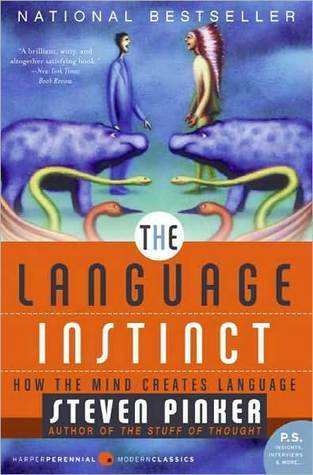A morphemic spelling can help a reader distinguishing homophones, like meet and mete. It can also tip off a reader that one word contains another (and not just a phonologically identical impostor). For example, spelling tells us that overcome contains come, so we know that its past tense must be overcame, whereas succumb just contains the sound “kum,” not the morpheme come, so its past tense is not succame but succumbed. Similarly, when something recedes, one has a recession, but when someone re-seeds a lawn, we have a re-seeding.
Welcome back. Just a moment while we sign you in to your Goodreads account.


